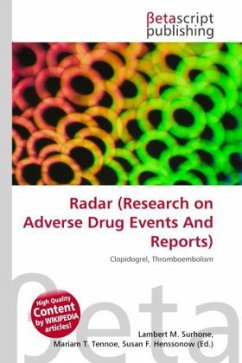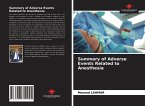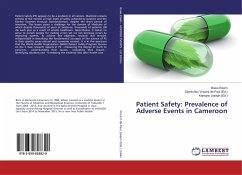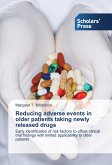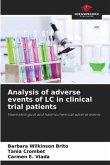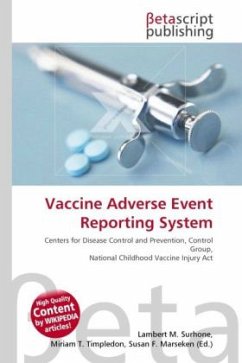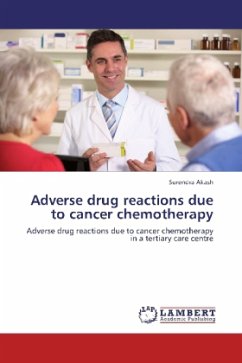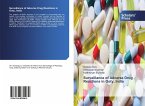High Quality Content by WIKIPEDIA articles! The aims of the Research on Adverse Drug events And Reports (RADAR) Project are to disseminate safety reports for serious adverse drug reactions (sADRs) and to identify barriers to identification and reporting of these clinical events. Investigators have developed a well-coordinated system to accurately compile case report information on sADRs and to identify milestones associated with identification and reporting of the relevant ADR information. This ADR identification system allows us to amass pertinent sADR information from a diverse set of data sources in order to identify and report sADRs in a timely and thorough manner. With increasingly shortened review periods, post-marketing surveillance for sADRs has become very important. In some instances, initial cases are identified at hospital case conferences and reported to the FDA or to the pharmaceutical manufacturer. The RADAR methodology relies on initial recognition of these sentinel cases that then prompts hypothesis driven inquiries as to whether an unrecognized adverse drug event signal is present in the population of those exposed to that drug.

